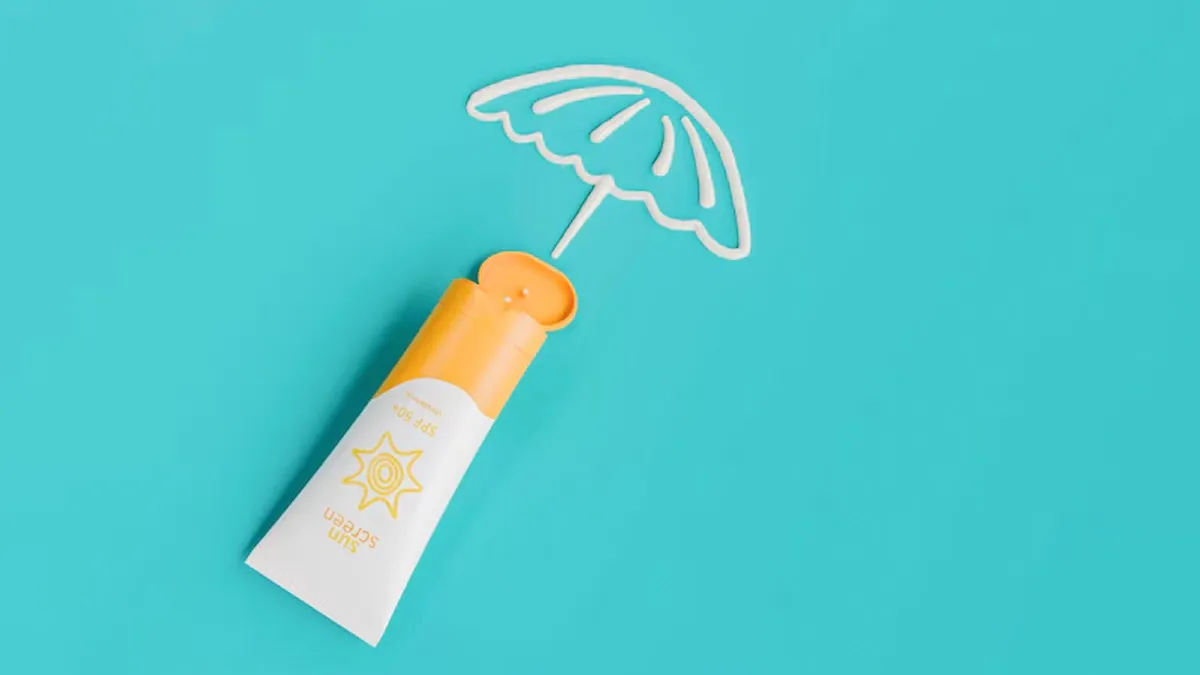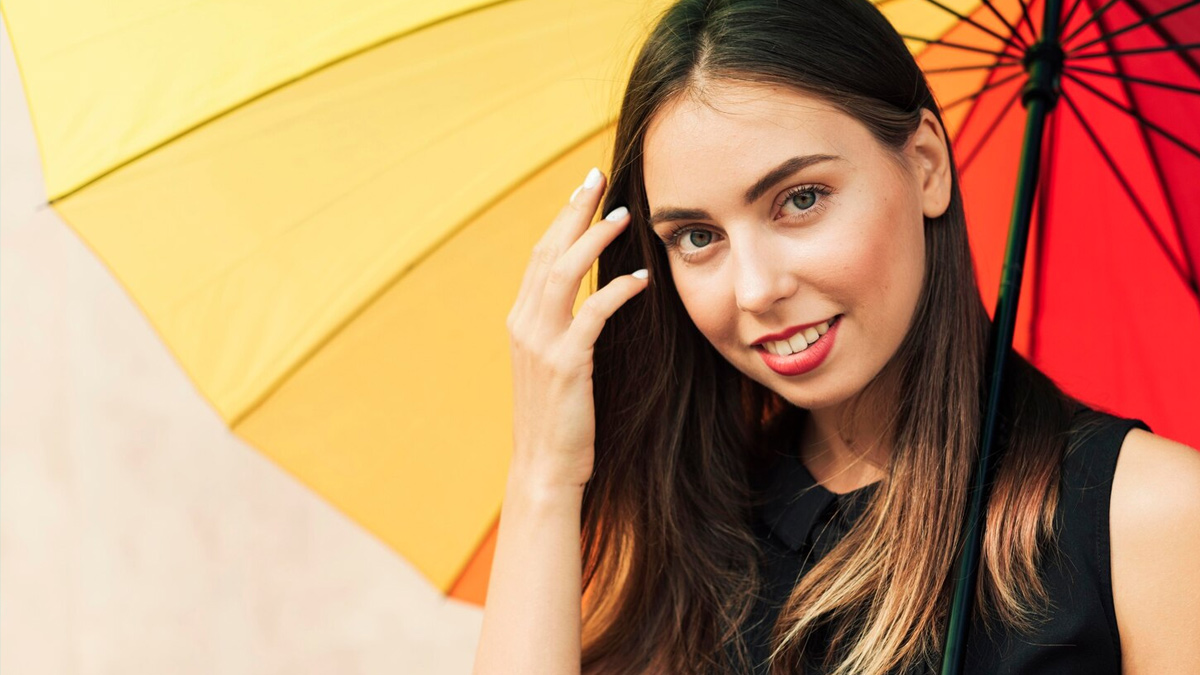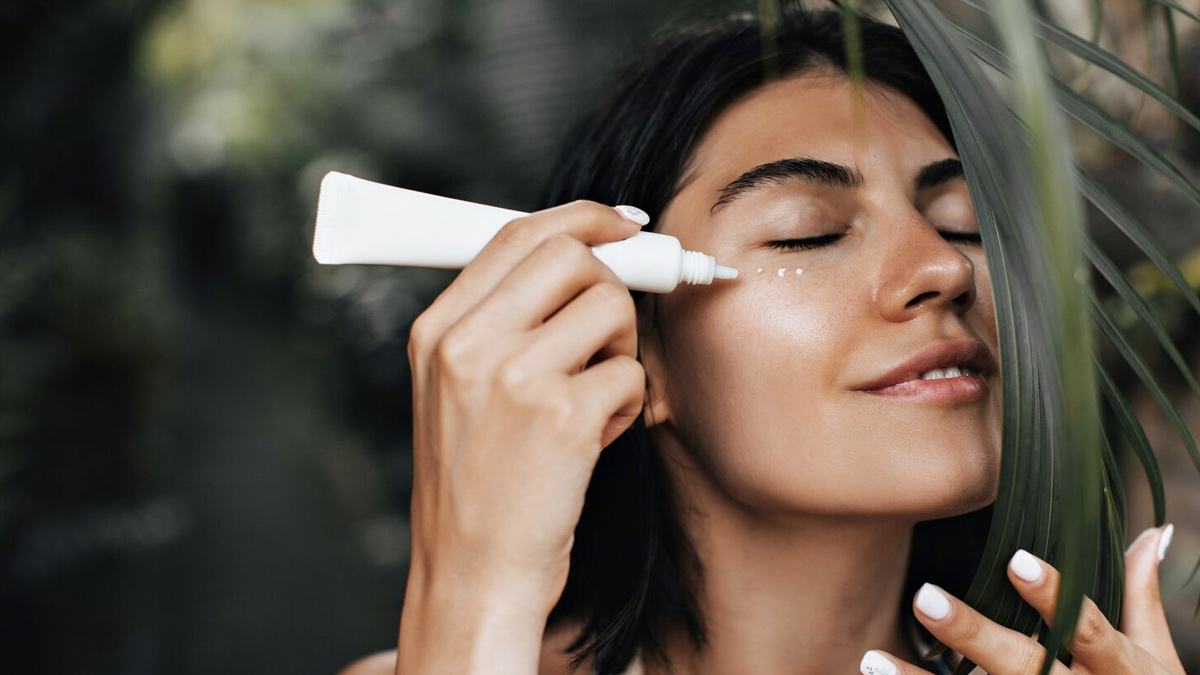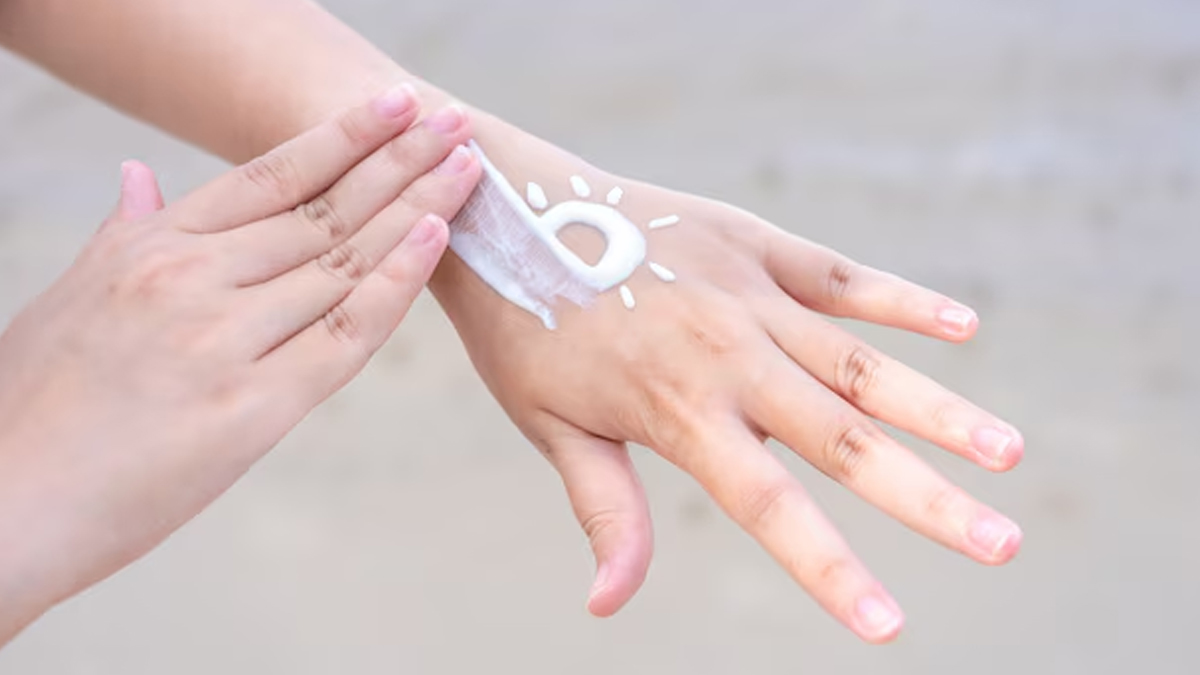
Even when the sky is grey and the air feels cool, your skin isn’t completely shielded from the sun. Ultraviolet (UV) rays can slip through clouds, rainy skies, and even window glass, silently causing damage like tanning, pigmentation, and premature ageing. To understand why sunscreen is a year-round essential and not just a summer accessory, we spoke with Dr Pravin Banodkar, MBBS, DNB, DD (UK), FIDP Dermatology, Co-Founder and Lead Dermatologist of Skin Beyond Borders, Mumbai, who explains how to keep your skin protected no matter the weather.
Table of Content:-
Also Read: Why Using Sunscreen Properly Is Your Best Defence Against Skin Cancer? Know From An Expert
Should You Apply Sunscreen Even On Rainy Days?

Dr Banodkar explains that ultraviolet (UV) rays easily slip through clouds. “Ultraviolet rays do pass through the clouds and tend to cause damage to the skin, so skin damage continues even on extremely cloudy days,” he warns. Roughly 75–85% of ultraviolet rays pass through clouds, which means your skin faces nearly the same risk as on a bright, sunny day.
Continuous exposure without protection can result in tanning, pigmentation, and premature ageing. People with certain conditions need to be especially careful. “Suppose people who have atypical moles, which are prone to sunburn, or those with conditions like vitiligo or albinism, where the skin is extremely sensitive, are at risk of sunburn. In that case, skin moles that are prone to being atypical can still develop into malignant states and skin cancers, making daily sunscreen extremely important, regardless of the weather,” says Dr Banodkar.
So, whether it’s a monsoon morning or a drizzly afternoon, the advice is clear: don’t skip the sunscreen.
Does Indoor Lighting Pose Risk?

It’s easy to assume that being indoors shields you from UV rays, but that’s not entirely true. “The light that comes through the windows, whether it is in a car or in your house, does tend to have an impact,” says Dr Banodkar.
The main culprit is UVA, which can penetrate window glass and contribute to skin problems. “Ultraviolet A is known for this, as it contributes to pigmentation, tanning, and premature ageing,” he explains. If you spend long hours near a window or drive frequently during the day, your skin can still be affected. “Sunscreen is advisable on days when you are at home, and you will definitely need to wear it,” he adds.
Simply put, if you can see daylight indoors, UVA rays can reach you.
Sunscreen Recommendation

Weather changes don’t mean you need to switch your sunscreen every season. Dr Banodkar recommends a broad-spectrum sunscreen with SPF 30 or higher as a reliable option for year-round use. “A broad-spectrum sunscreen with SPF 30 or higher is commonly essential for adequate protection,” he says. Mineral-based formulas with zinc oxide and titanium dioxide are particularly effective and comfortable to wear. “They are excellent protectors of the skin from ultraviolet light, and they are very comfortable to use due to nanoparticle technology,” he explains.
Also Read: Can Sunscreen Cause Acne? How To Choose The Right One For Clear Skin And Cancer Protection
During the monsoon, application technique matters just as much as the product itself. “During the monsoon, applying a broad-spectrum sunscreen with an SPF of 30 is recommended. It needs to be used 20 to 30 minutes before you step out,” Dr Banodkar advises.
Consistency is key, even on cloudy or rainy days. “Especially continue using sunscreen, even though there may not be much sunlight, because during monsoons, it is often cloudy. However, as explained earlier, it is still important to use sunscreen,” he emphasises.
To get it right, think of sunscreen as a non-negotiable part of your daily routine. “Use a minimal amount and apply it all over your face, neck, and exposed areas of your body. “Make it a part of your routine, just as you would use toothpaste daily to brush your teeth,” he says. A pea-sized amount for the face, neck, and exposed arms and legs is a good rule of thumb.
Conclusion
Rain or shine, sunscreen is a daily essential. With up to 80% of UV rays making it through clouds and even window glass, skipping it can leave your skin vulnerable to damage, premature ageing, and even skin cancers. As Dr Banodkar puts it, applying sunscreen is like brushing your teeth—it’s a small daily habit with lasting protection for your skin.
Also watch this video
How we keep this article up to date:
We work with experts and keep a close eye on the latest in health and wellness. Whenever there is a new research or helpful information, we update our articles with accurate and useful advice.
Current Version
Sep 12, 2025 13:59 IST
Published By : Tenzin Chodon